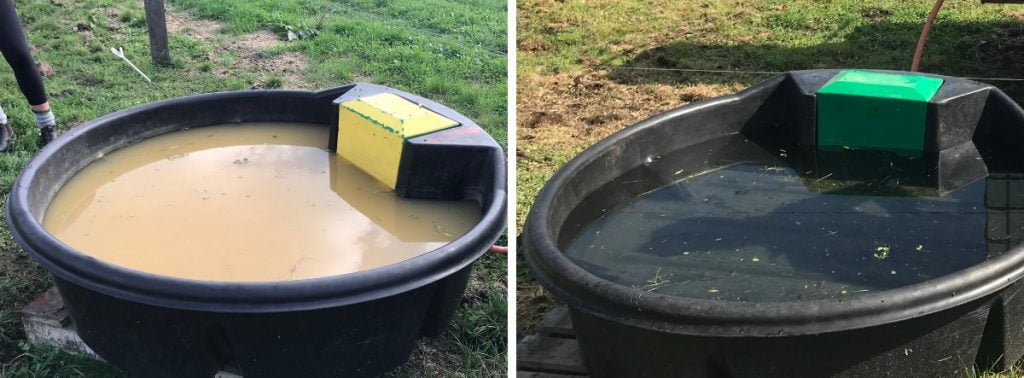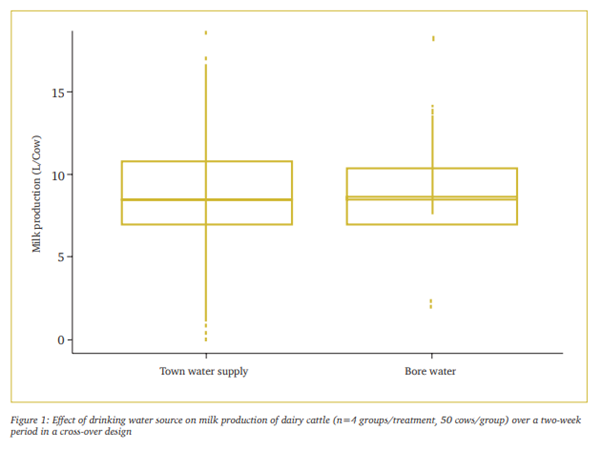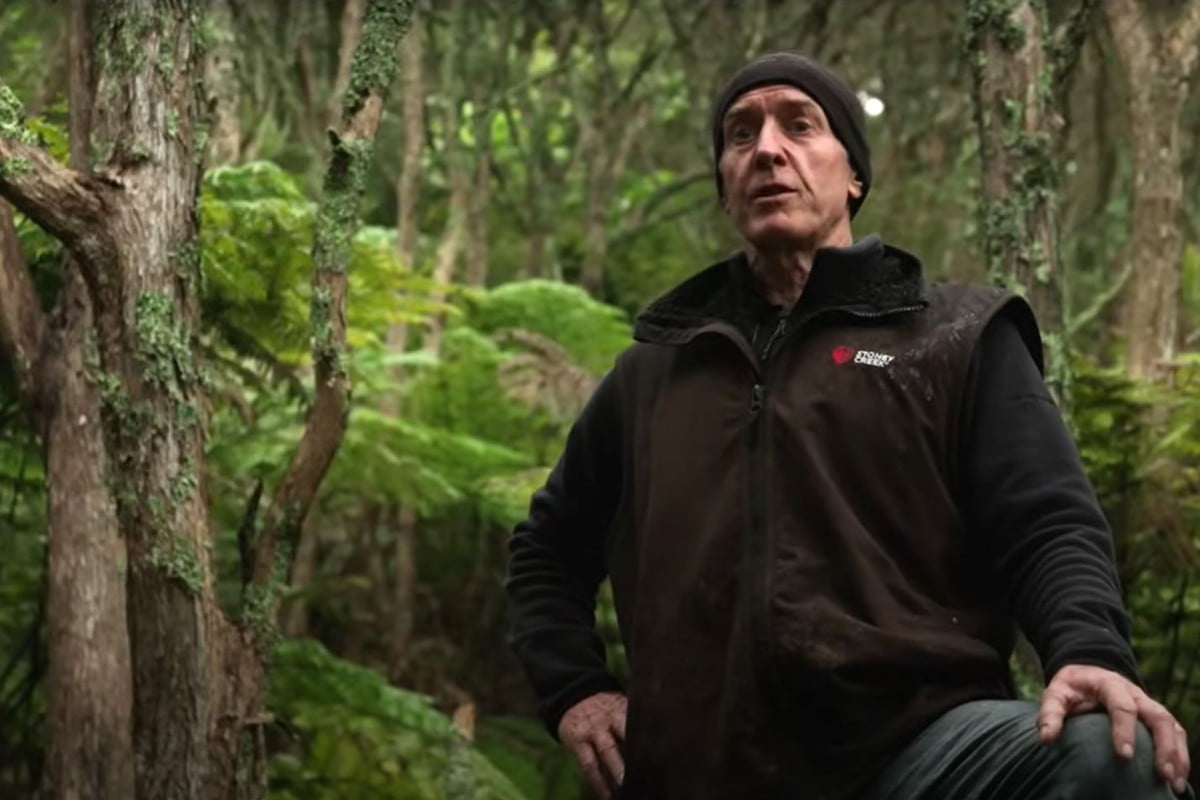Cows Prefer Bore Water Over Town Supply
A recent trial did not confirm anecdotal evidence that cows will produce more milk when they drink high-quality town supply water.
When LIC national FarmWise manager Edward Hardie heard about a Northland farmer who reported he’d increased milk production simply by upgrading his stock water, he was interested and believed it would be worth doing a scientific trial to test the concept.
“They filtered the water and used some chlorine tablets to get rid of the pathogens, and they understood they had an increase in production as a result,” says Edward.
He researched the scientific literature, and although there were some indications that better quality water would increase production with meat breeds, there was little research to indicate the same was true for milk production.
With support from the Our Land and Water Rural Professional Fund, he set up a trial on DairyNZ’s Lye research farm in Hamilton with research support from AgResearch, led by Karin Schutz. The aim of the project was to investigate if providing chlorinated town supply water would improve the milk yield of cows, compared to drinking unfiltered bore water that contained high concentrations of iron and manganese.
Four groups of cows (50 cows/group), managed on pasture, were offered either town supply water or unfiltered bore water for two weeks, before changing the water treatment for another two weeks in a cross-over design.

Two water treatments
The water from the research farm’s bore is discoloured and, to human beings at least, is far less attractive than the sparkling clean town supply.
“We thought, physically, this is fantastic, you can see the difference here,” says Edward. “The bore water was high in iron and manganese and you could smell it, it was pretty strong. I wouldn’t be keen on the bore water, it can taste a bit irony, whereas the town water is clear and looks and tastes good.”
Milk production for each cow was recorded daily and milk composition was analysed at the start and end of each treatment period. At the end of the four-week trial, there was virtually no difference in milk production between cows drinking bore water or clean town supply water (see Figure 1).

A small preference study undertaken after the four-week initial trial, where two groups of 20 cows were offered both water sources simultaneously, showed they preferred the unfiltered water over the town supply. It is thought that the cows’ familiarity with drinking the unfiltered bore water influenced the results, as this was the main source of drinking water on the farm.
It is also possible that the cows’ perceptions of palatability differed between the two water sources. The town supply was chlorinated, so they may have found this taste or smell aversive compared to the bore water to which they were accustomed.
Edward says it’s known that cows will refuse to drink water dosed with zinc to prevent eczema unless it’s added gradually over time to get them used to it. Studies have also shown that cows are extremely sensitive to manure contamination in their drinking water and can detect and avoid concentrations as low as 0.005%.
Next steps
Although the trial results did not show that milk production will increase if cows drink better quality water, Edward believes it would be worth doing another trial, this time finding a way to overcome their distaste for the chlorinated town supply water.
A different experimental design could be to get the cows accustomed to the town water before the trial or, alternatively, to use non-chlorinated filtered water. “We had considered just using filtered water in setting up the trial, but the cost was too much,” says Edward.
– Tony Benny for Our Land and Water National Science Challenge
More information:
- Rural Professionals Fund 2020-21
- Download PDF of this article
- All text in this article is licensed for re-use under Creative Commons Attribution 4.0 International (CC BY 4.0)
Author
 View Our Strategy Document 2019 – 2024
View Our Strategy Document 2019 – 2024




Leave a Reply